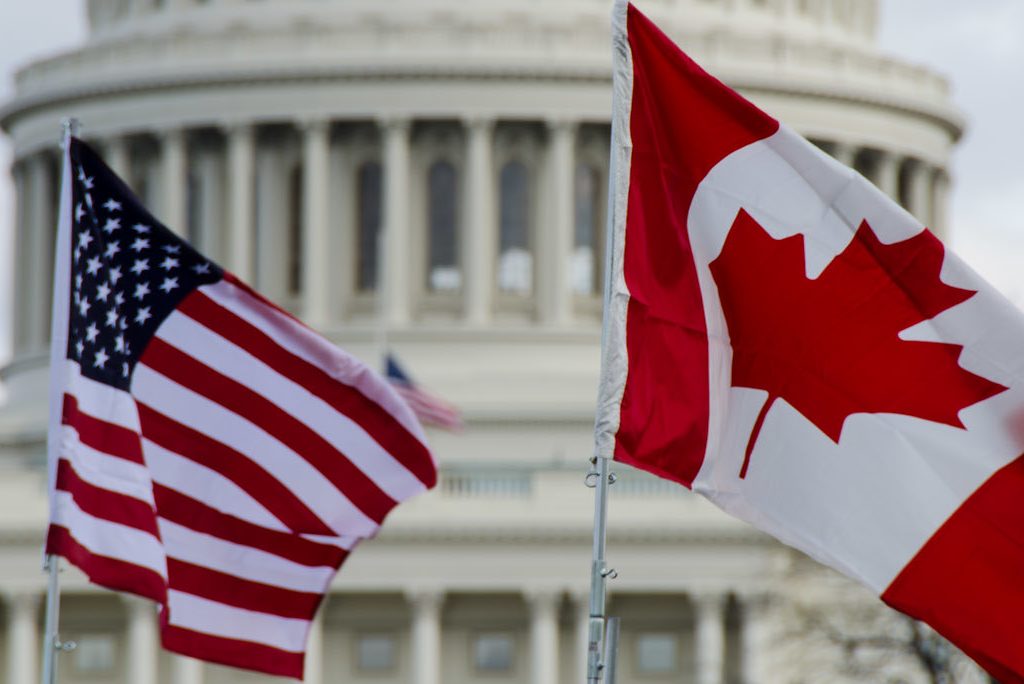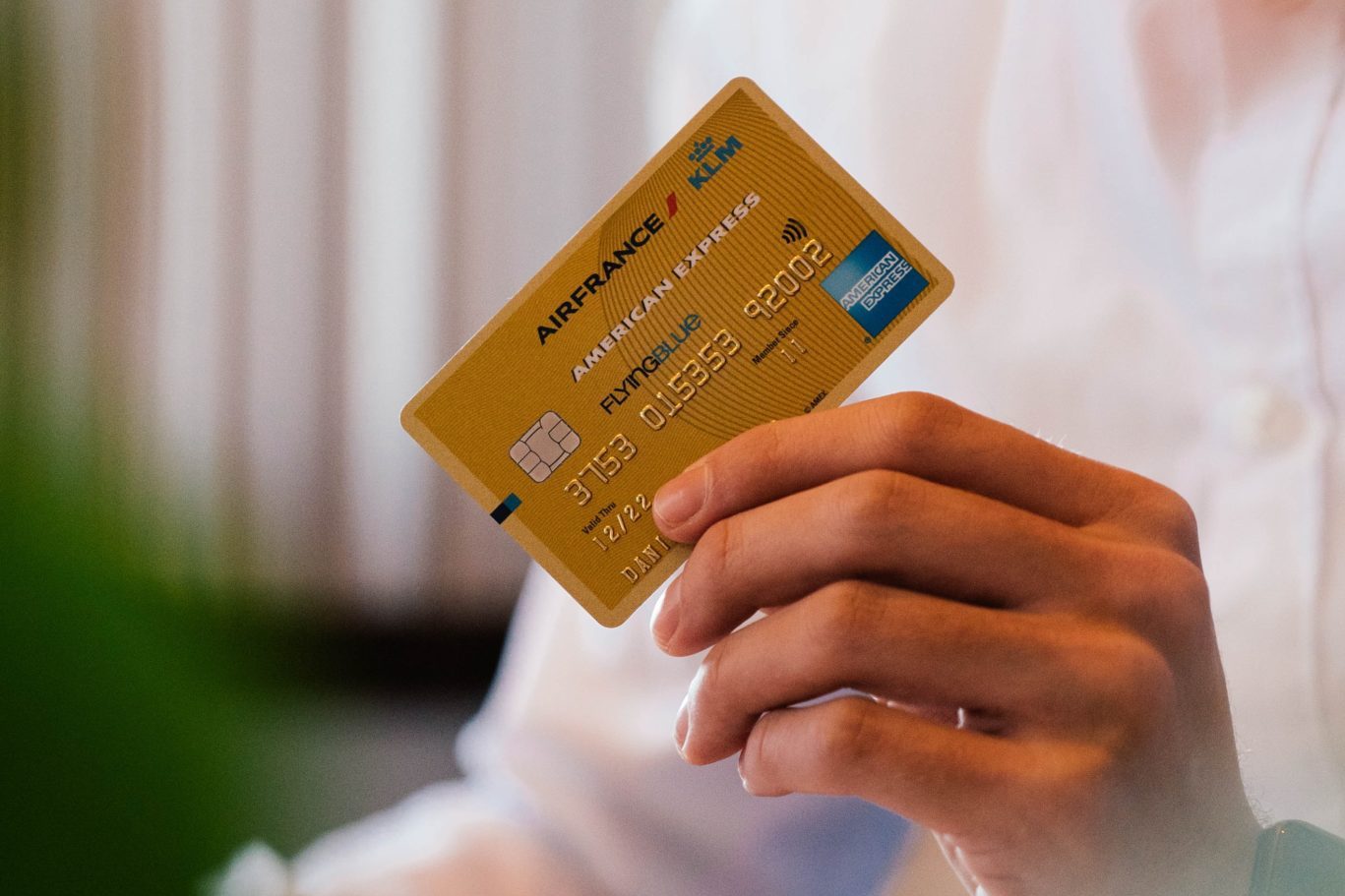TUI Group CMO Says That Bricks and Mortar Retail Still Matters to Tour Brands

Skift Take
Even in the Internet age, travel brands like TUI Group see a need to have physical stores in some markets, where travelers can plan their trips in person, said Erik Friemuth, the company's chief marketing officer.
The company no longer has any retail presence in Denmark, Finland, Norway and Sweden, but in Germany it sells about 70 percent of its products through stores. Meanwhile, in the UK, sales are usually split 50-50 between digital and in-store.
"We are where the customer is, and retail has a reason," Friemuth said Tuesday at the Skift Forum Europe in London.
Still, Friemuth said retail needs to change. Most travelers have the tools to book on the web, but they might go into the stores to get more detailed information on the destination.
"To be honest, retail was shrinking quite significantly over the past years," he said. "What we see, though, is that, since two or three years, customers say, 'Yes, I book online, but I'm not so happy by booking online, and I would like to have more recommendations and more advice."
Friemuth said TUI has removed most of the glossy paper brochures from its stores, but acknowledged the company can further adapt its stores for the digital age. Technology and human contact should complement each other, he said.
"What we see growing is the potential for retail," he said. "The challenge with that is people then say, 'The way you present retail currently is maybe not fitting my need.' That is then about the question, 'How can we come up with new experiences to better serve the needs of customers who are not super happy with online but also have some challenges with retail?'"
Expansion
Friemuth also spoke about expanding TUI's brand beyond Europe, where it is strongest. Working with partners, TUI is trying to attract more customers from Asia and South America. And within Asia, TUI — like many other travel companies — sees China as a strong potential market.
Friemuth said China is a good place to attract what he called the "mid-premium" segment. He noted that Club Med is already doing a good job attracting those travelers. "We have some products that fit very well to the customer segments that we see there," he said.
He also said some opportunity might exist in the United States, but called it a challenging market. Americans historically have not booked with tour operators as frequently as Europeans.
"They like to travel within their country or maybe go to Canada or Mexico," he said. "We will also try the U.S. but I wouldn't expect us to put a lot of emphasis on it. "




